
Culture
20:14, 09-Dec-2017
Chinese soprano 'fairy' brings ancient enjoyment with a guqin song
CGTN
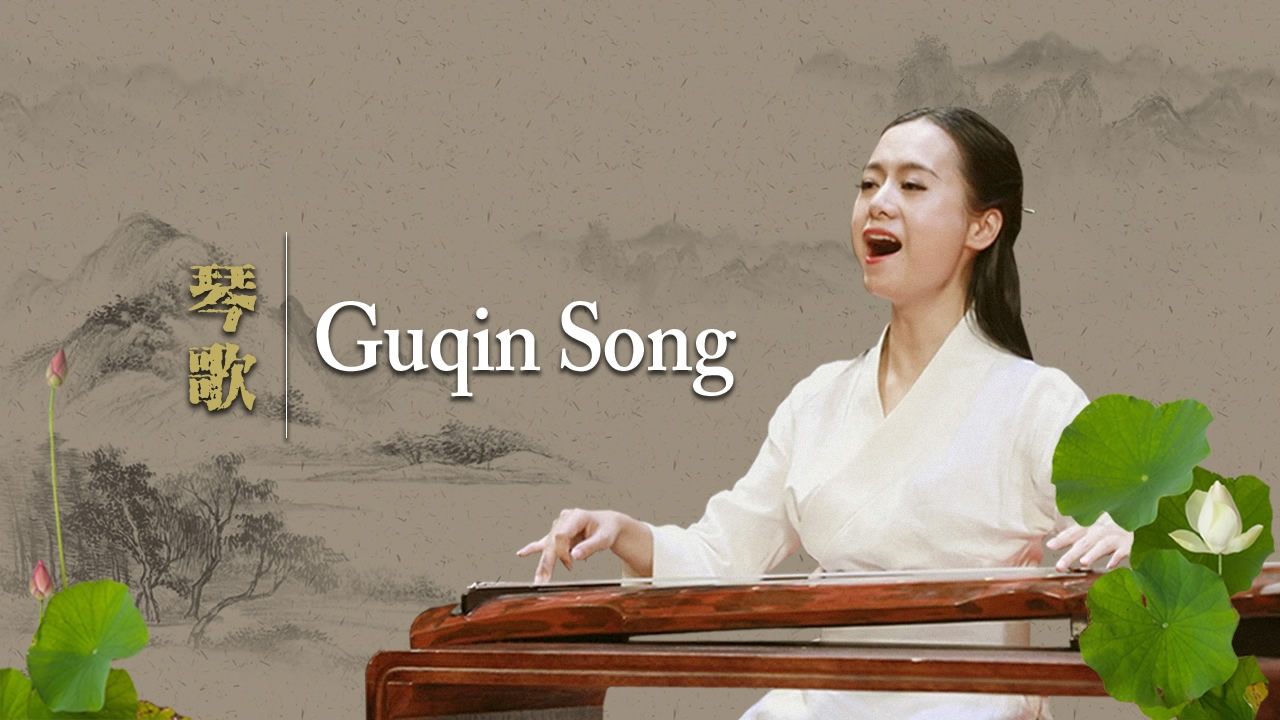
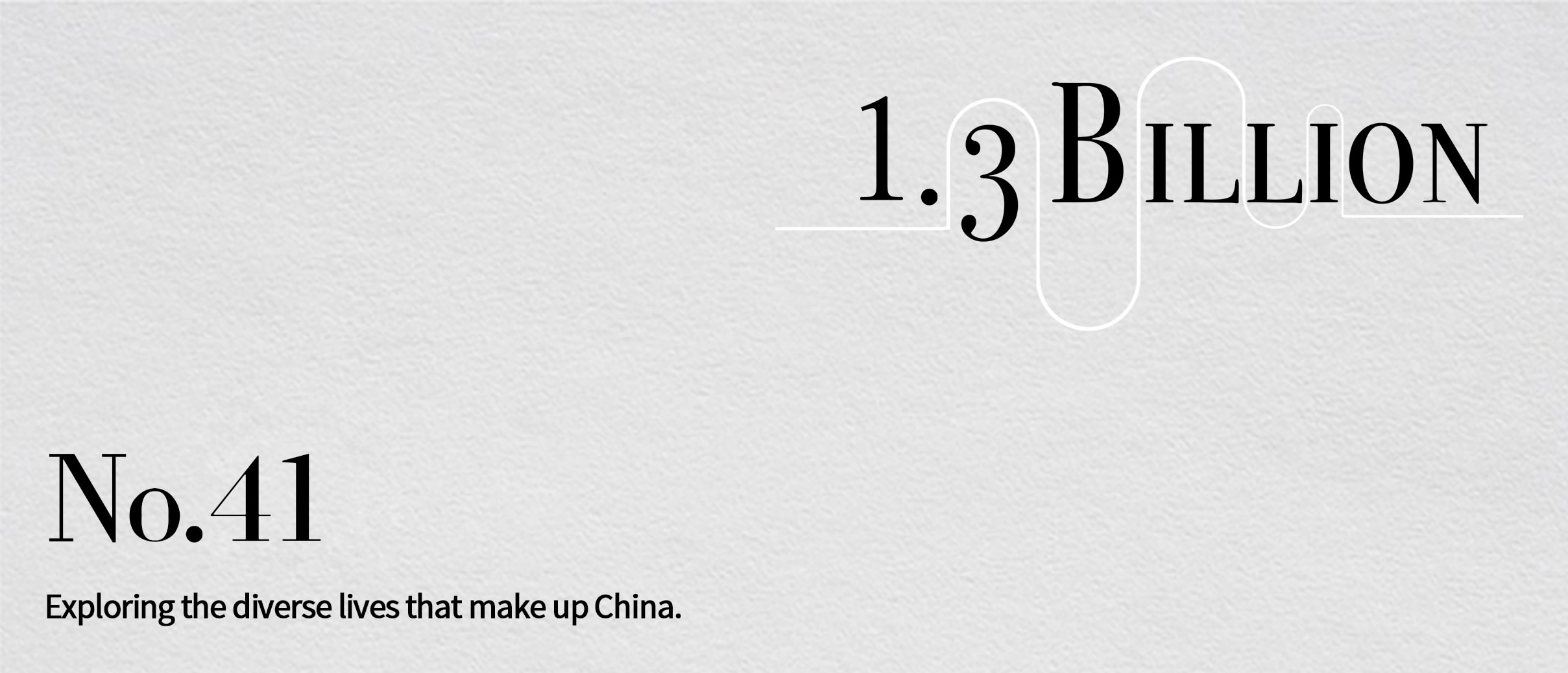
CGTN
CGTN
Guqin song (or qin song) has been part of the traditional ritual music culture in China. Legend has it that from the reigns of Emperor Yao and Shun, guqin and songs were inseparable. In the Spring and Autumn Period, the Tang dynasty and later in the Ming dynasty, guqin song witnessed three peak times, leaving behind loads of musical legacies.
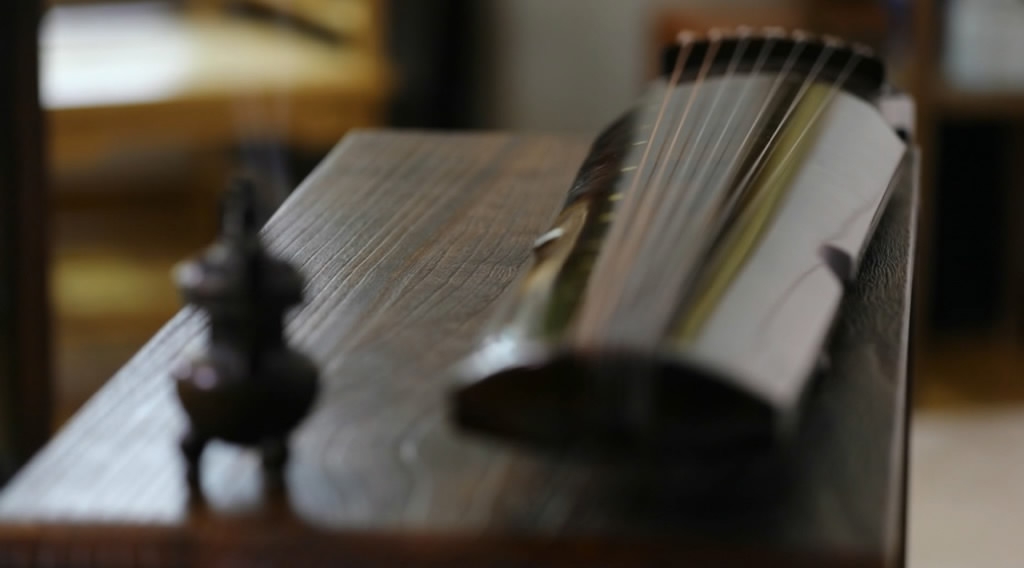
Guqin is a traditional Chinese seven-string plucked instrument. / CGTN Photo
Guqin is a traditional Chinese seven-string plucked instrument. / CGTN Photo
Li Qi, a poet of the Tang dynasty once wrote in his poem "Guqin Song": "At the first note, all else falls silent; no one talks, yet no star shines." He further thought about "Appointed as official here, far away from home; determined to retire, tonight off I go." The poem was all about his feelings of resigning and secluding. It proves that guqin songs have been an important part of the spiritual life of ancient literati.
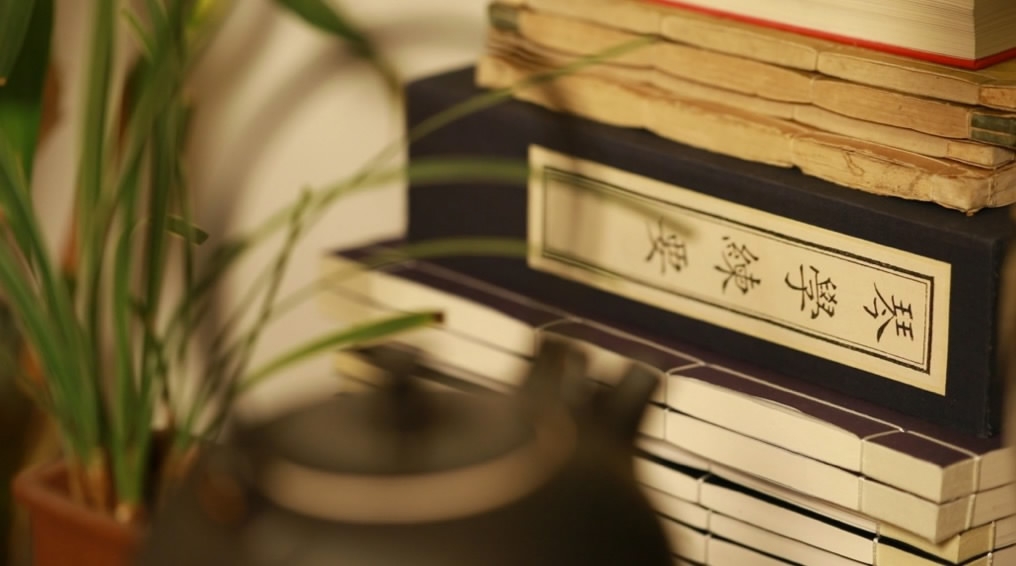
CGTN Photo
CGTN Photo
As time changes, guqin songs faded away from people's daily life. Since the 1950s, however, some guqin players have worked hard to research the ancient pieces. They managed to recover some of the songs, giving it a hope to revive.
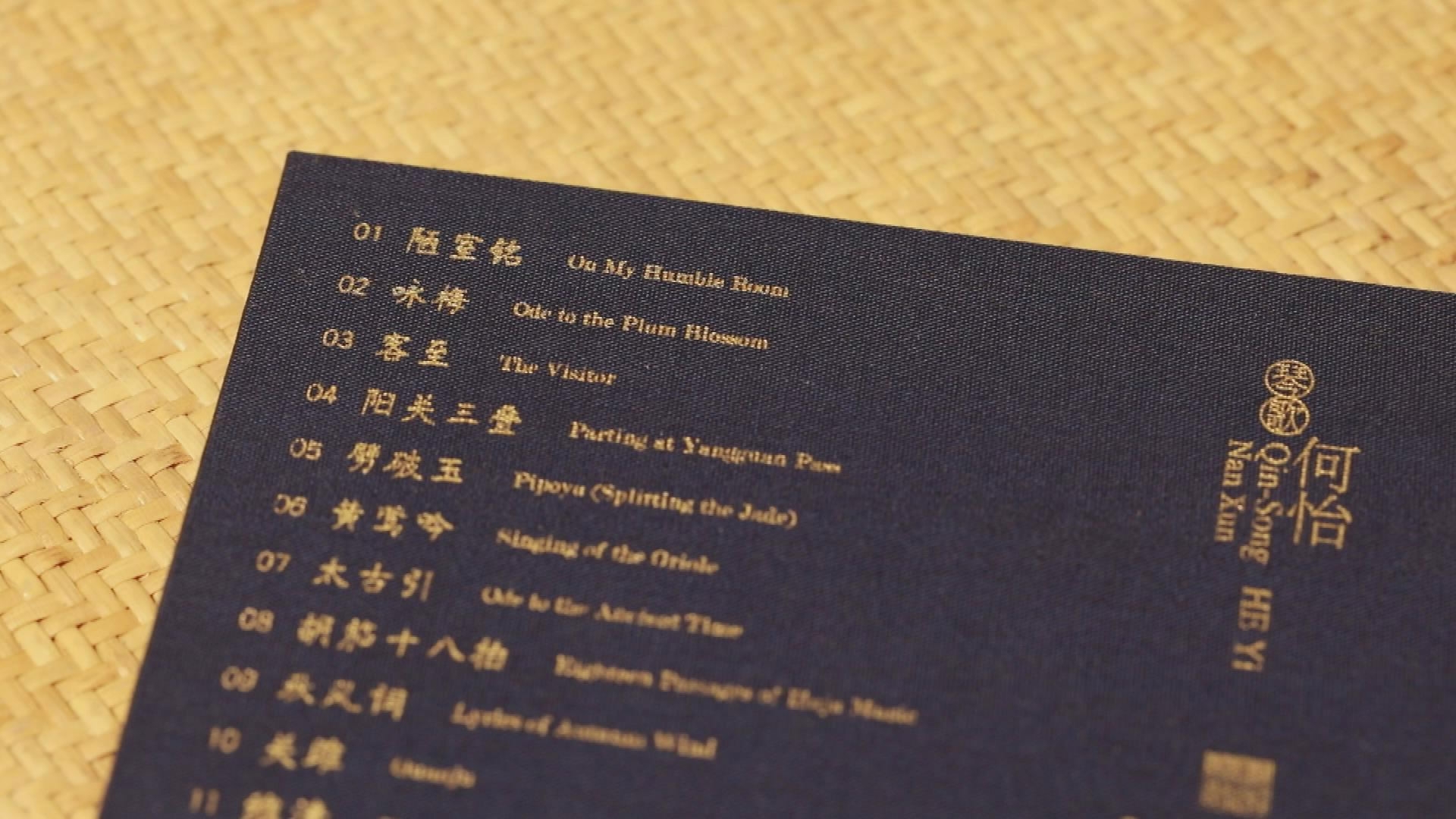
Name list of guqin songs. / CGTN Photo
Name list of guqin songs. / CGTN Photo
Soprano and guqin song singer He Yi learned ethnic vocal music in China Conservatory of Music, before she turned to German and Austrian songs and operas, and performed in the United States and in Europe. During her days abroad, she found herself strongly appealed by traditional Chinese music and culture.
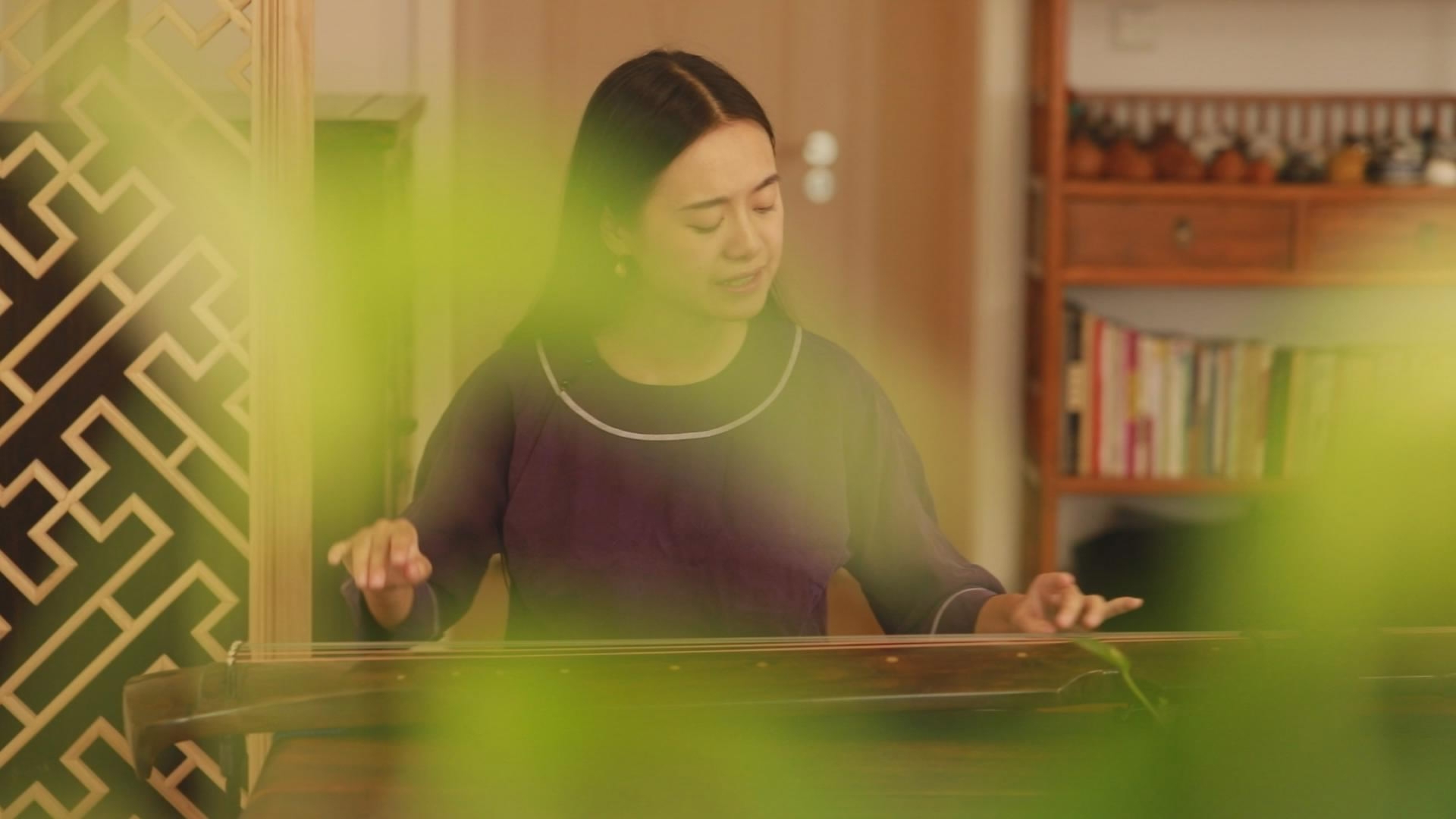
He Yi is singing while playing the guqin. / CGTN Photo
He Yi is singing while playing the guqin. / CGTN Photo
In 2012, He Yi began to study and explore the culture of guqin.
"I was overwhelmed when I heard the sound of guqin for the first time," says He Yi. "At the very first note, I felt myself at far, far away.”
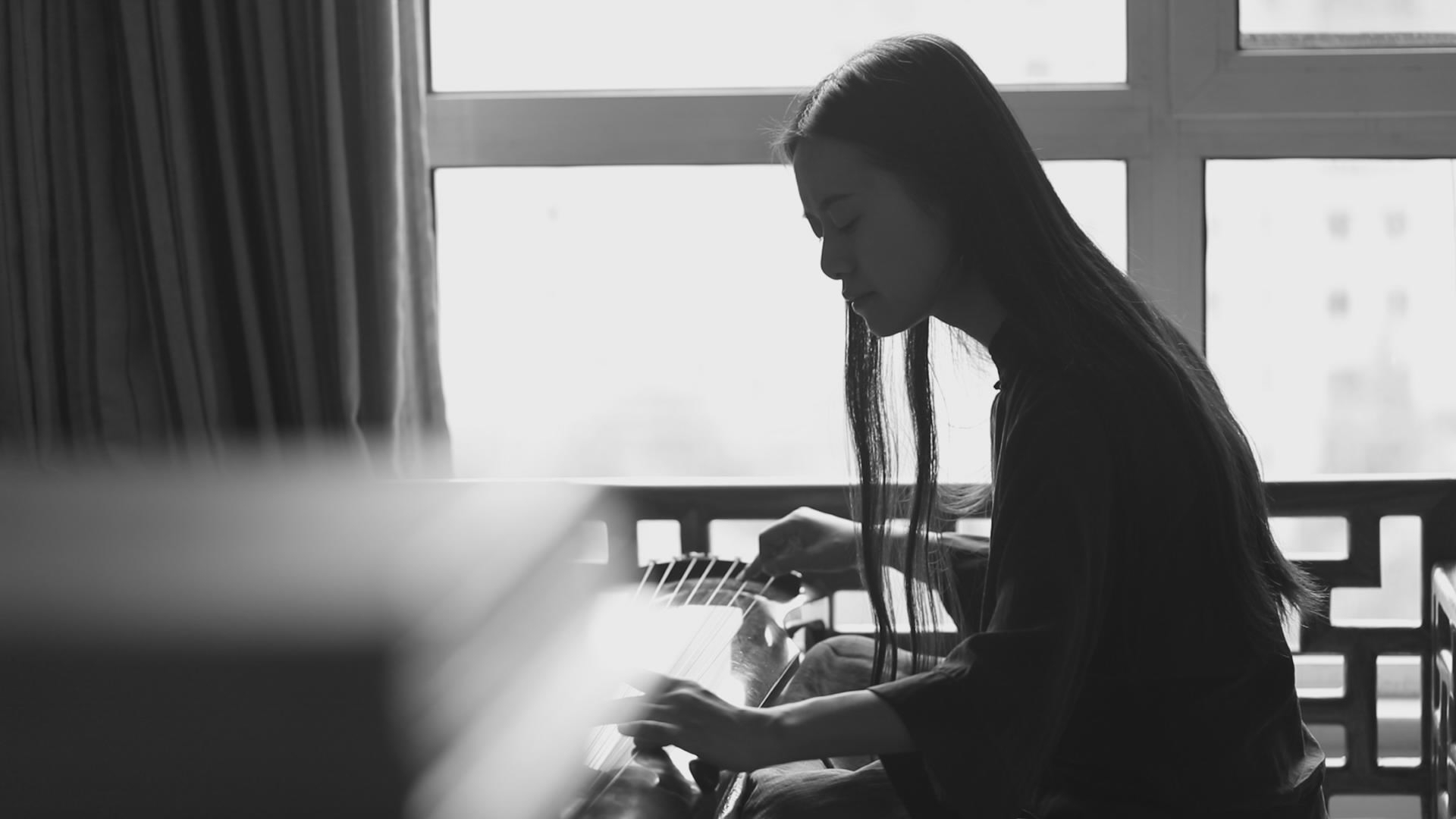
CGTN Photo
CGTN Photo
Her research didn't go all the way smoothly though. "At first, I tried ethnic vocal and bel canto, but neither sounded right with guqin. There were conflicts between the vocal and the instrument. I had a concept in my mind, but I couldn't express it precisely."
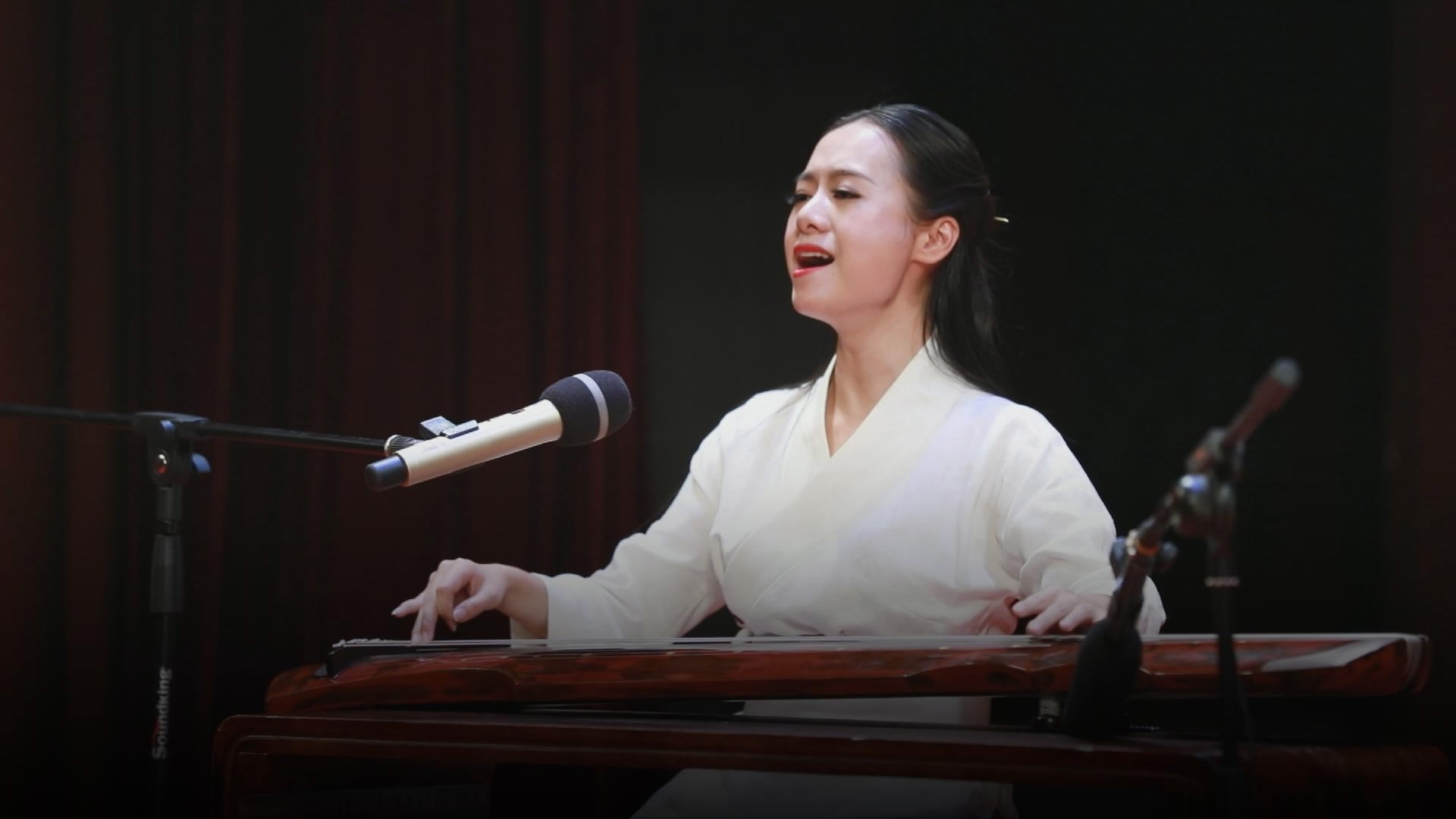
CGTN Photo
CGTN Photo
But she didn't give up: "I had to change the way I sang. So I played guqin, listened and tried to imitate the tones. I tried different rhythms and pronunciations. Every detail had to fit in.”
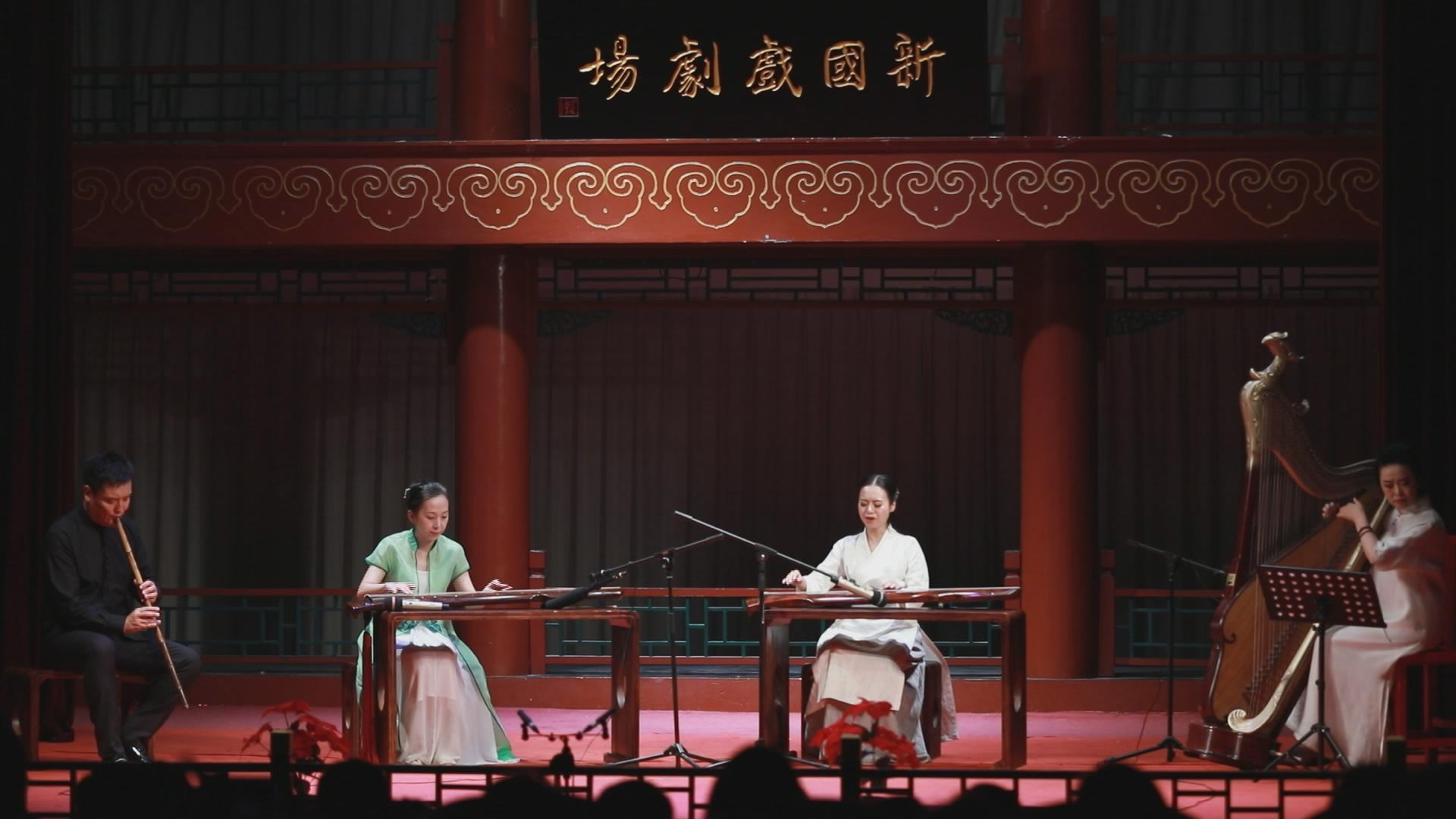
He Yi on a performing tour this June, Beijing. / CGTN Photo
He Yi on a performing tour this June, Beijing. / CGTN Photo
In November 2015, He Yi published her first album: "Wind from the South – Qin Song". The album collects both traditional and contemporary guqin music. Through her album and performances, she keeps improving and promoting the art of guqin songs.
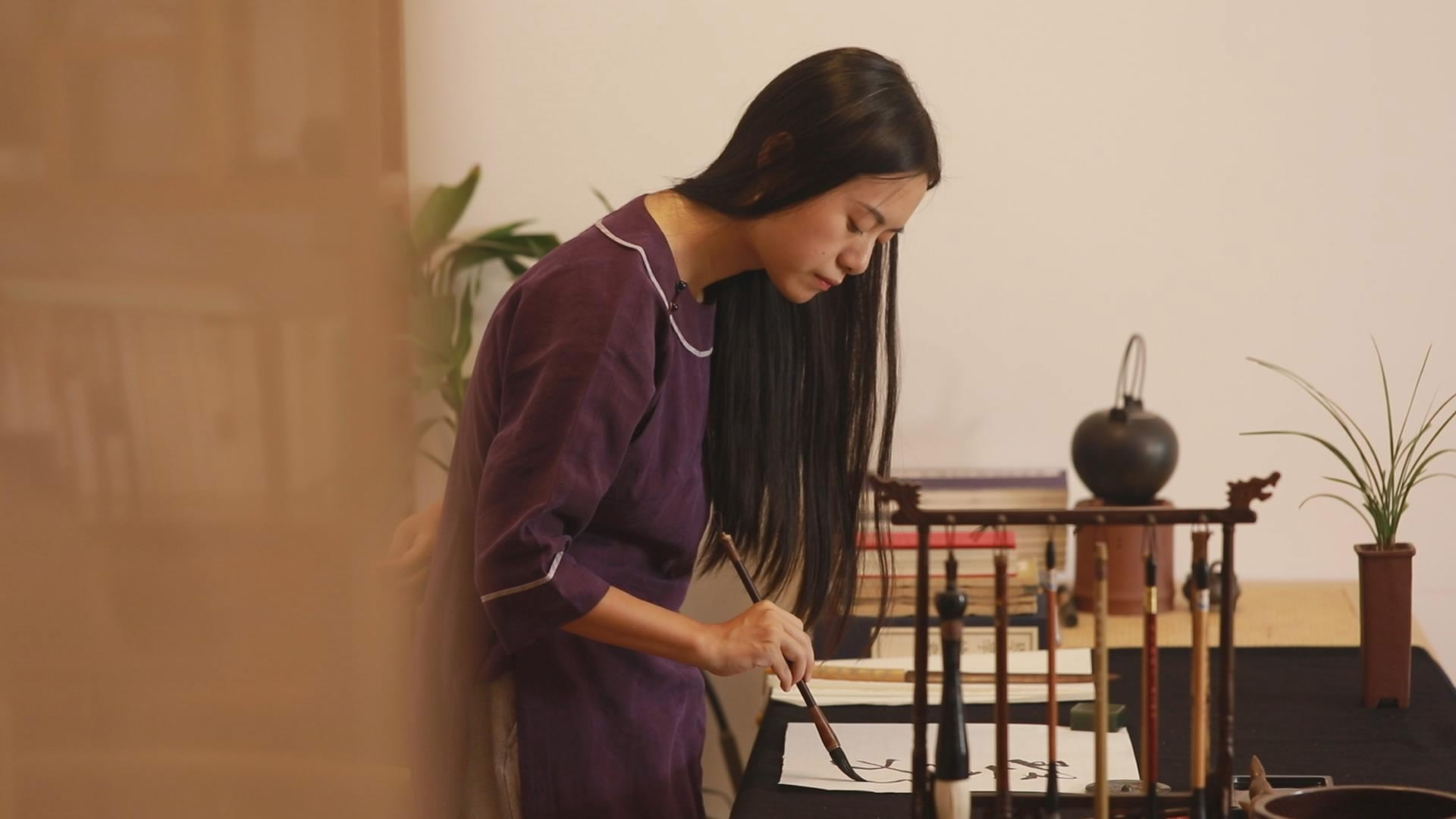
He Yi is practicing Chinese calligraphy. / CGTN Photo
He Yi is practicing Chinese calligraphy. / CGTN Photo
The songs also brought changes into He Yi's life. "Living with guqin songs, I slowed the paces down. And I don't care for gains and losses anymore. I could spend a lot of time reading or enjoying a cup of tea. I don't want to become someone. This very moment is always the best. I'm just enjoying it."
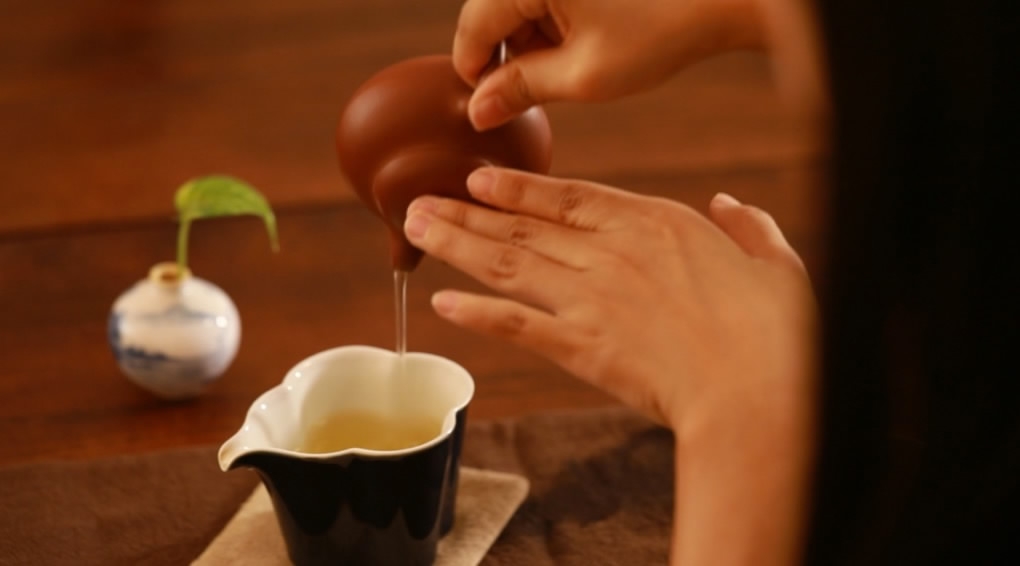
CGTN Photo
CGTN Photo
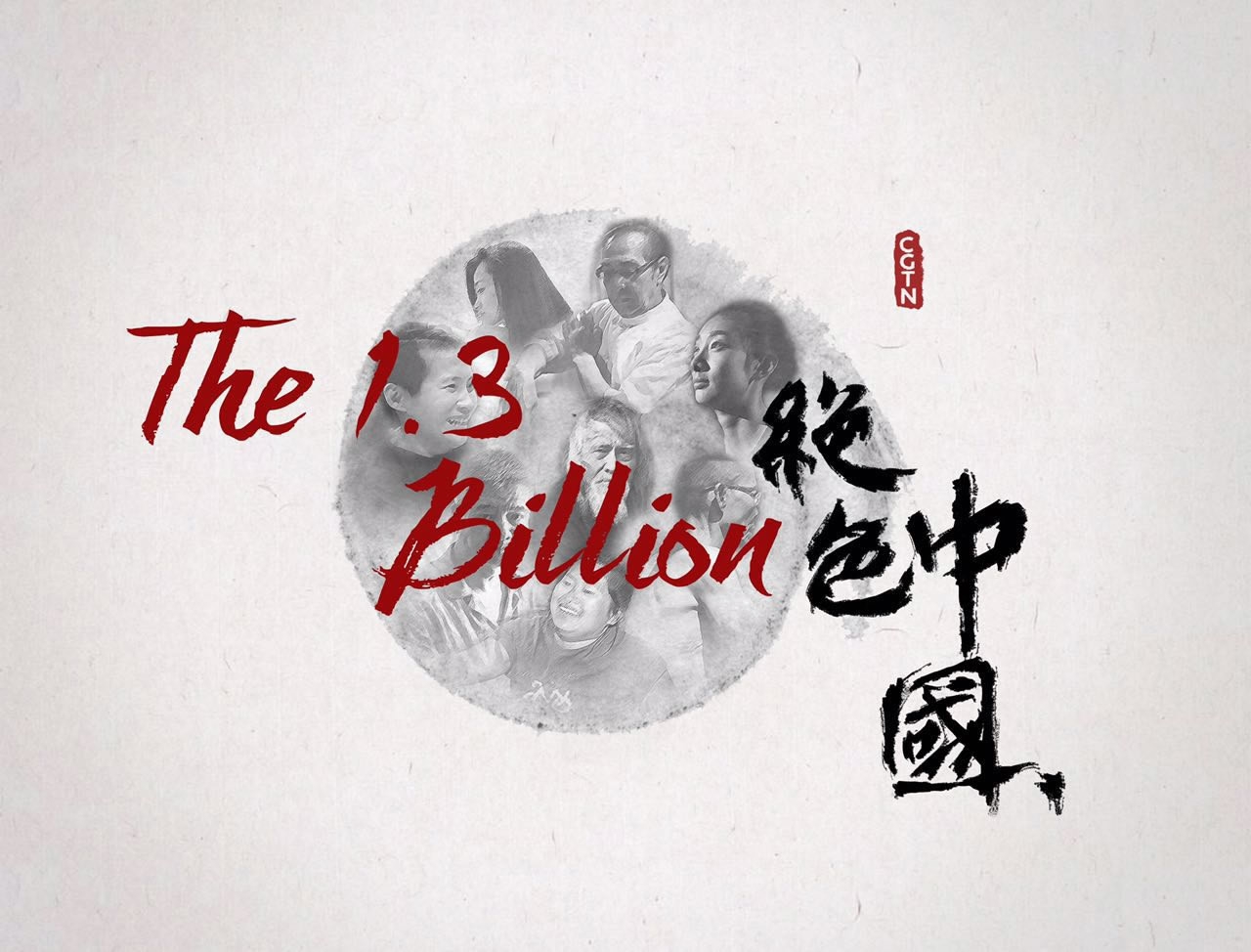
The story is one in "The 1.3 Billion" series exploring the diverse lives that make up China.
The story is one in "The 1.3 Billion" series exploring the diverse lives that make up China.

SITEMAP
Copyright © 2018 CGTN. Beijing ICP prepared NO.16065310-3
Copyright © 2018 CGTN. Beijing ICP prepared NO.16065310-3